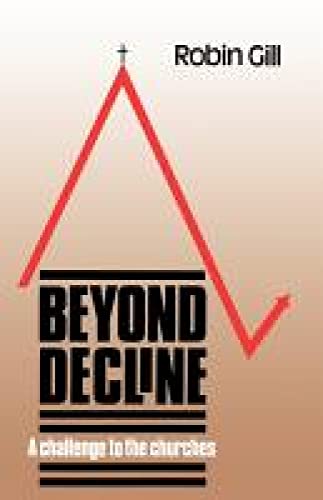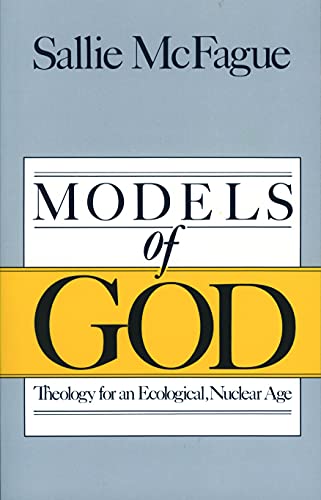Beyond Decline: A Challenge to the Churches
Written by Robin Gill Reviewed By Derek J. TidballAt last someone in the UK has addressed a major issue on which there has been an embarrassing silence for far too long, namely, the decline of the mainline churches. Robin Gill is both a practising clergyman and an academic sociologist of some standing and he is convinced that although churches have been in decline all this century decline is not ‘some ineluctible process’. All this, one would think, would make him admirably equipped to write this book. Furthermore, he writes with a clear-sighted integrity, pointing out much we would prefer to sweep under the carpet. Many will find the book disturbing.
The burden of his opening chapters is that church leaders have failed to assess correctly both their own church constituencies and the nature of the wider society. The gulf between academic theology and most parish preaching is yawning ever wider at a time when members of society are getting increasingly educated and so it should be getting smaller. And simplistic theological and moral statements by church leaders hide the fact that the churches’ practice is very different from its theory (e.g. it speaks about oneness in Christ whilst often being racist), and that its members espouse very diverse, anything but unified, theological and moral views. The answer has often been for the church, both of the right and left, to lobby on specific issues.
Gill advocates a new way, believing, with John Habgood, that the church, especially the established church, still has a vital role to play within British society because of her historical place and her own contemporary pluralism. The way he advocates is that of moral praxis, that is, a combination of moral insight with a sustained effort to care.
Next he looks at the simplistic nature of both mass evangelism and the Church Growth Movement and rejects them as ‘seductive temptations’ that do not hold answers to decline. Although he grudgingly acknowledges some aspects of McGavran’s teaching he fears that it will only burden the clergy more with guilt and pronounces it ‘empirically suspect, theologically contentious and morally dubious in the methods that it encourages’!
His own answer lies in outreach which is related to worship. But if it is to be effective it involves changing structures. Present patterns of the deployment of the clergy actually contribute to decline. Resources must be shifted to urban areas, amalgamations of parishes in rural areas must be resisted and a much more imaginative use made of the untapped resources available in non-stipendiary ministers. There also needs to be a radical look at the place of buildings which have too often become clergy millstones.
He concludes as a pastor and theologian, rejecting the idea that getting the structures right will in itself overcome decay. Here his spirituality is obvious and calls forth respect. With a commitment to the value of ecumenical theology and a rejection of reductionism he argues that we should see faith in relational terms and hence worship is the vital vactor if decline is to be overcome.
There is so much of value here but there was so much which I also found curious. Gill made no attempt to sketch the course of decline or to examine its historical and sociological roots. May that not have been relevant? At the very least it would have been helpful to the reader rather than simply accepting the fact as the starting place.
Secondly, Gill has made no attempt to relate his discussions with those which have been going on for some years in the USA examining other factors such as demography and theology. A debate with Kelly, Hoge, Roozen, Roof, McKinney, Michaelsen and others would have been helpful.
Thirdly, he nowhere recognizes that in the UK some religious groups as well as individual churches are in fact growing. What have they to teach us, if anything?
Fourthly, he is honest about the presuppositions on which he builds, but some of them may be questioned. In particular his view of the level of education and value of academic theology reflects his university setting, even though I recognize he says it does not. Many would also not share his view of the church’s role in social morals.
Fifthly, as most of us are, he is perhaps better at criticizing, especially Donald McGavran, than he is at suggesting constructive alternatives. Although his comments on structure were excellent I was not left at other times with too clear a picture of what I could do.
In the end I was not wholly convinced that Dr Gill was leading us ‘beyond decline’. But it is a contribution to a debate which desperately needs to get going and if Dr Gill helps to initiate it we are all very much in his debt.
Derek J. Tidball
Plymouth






